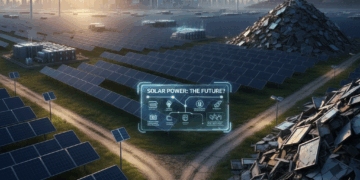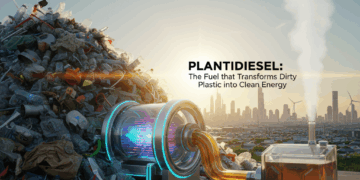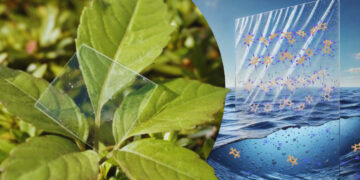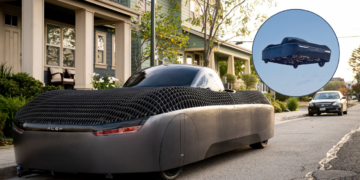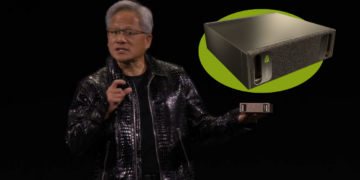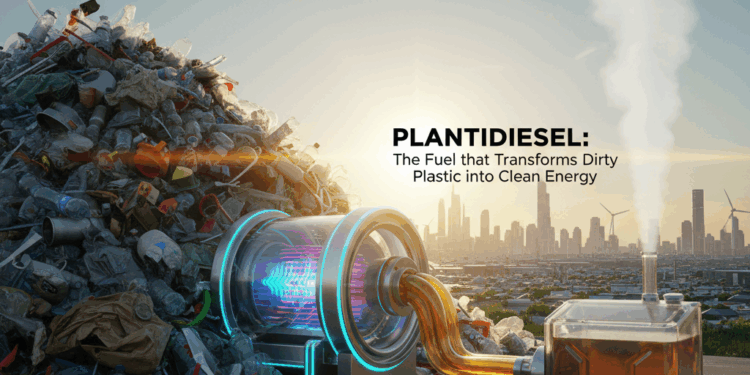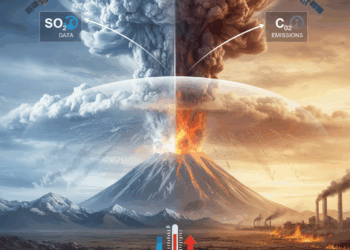The fight against plastic pollution and the energy crisis may soon have a powerful new ally: Plantidiesel, a groundbreaking fuel created from dirty, unsorted plastic waste by a young
innovator named Julian Brown.
In recent tests conducted by independent laboratories, including ASAP Labs in Vancouver, Washington, Plantidiesel not only matched the performance of conventional diesel but, in some
cases, burned even cleaner. These results have been instrumental in demonstrating the viability of this invention and opening the door for industrial-scale applications.
Brown’s method uses microwave pyrolysis, a process in which plastic is heated in the absence of oxygen, breaking down its polymers into hydrocarbons that can then be refined into
high-quality synthetic diesel. This technology has the unique advantage of accepting even contaminated or hard-to-recycle plastics that would otherwise end up in landfills or oceans.
At just 21 years old, Brown founded the startup NatureJab with the goal of scaling production and deploying his technology worldwide. His vision goes beyond simply creating an alternative fuel: he aims to enable decentralized fuel production, where cities, industries, and even small communities could convert their own waste into a clean, local energy source.
The environmental and economic benefits of Plantidiesel are significant. It addresses two urgent global challenges—plastic pollution and fossil fuel dependency—while offering a product that can be used in existing diesel engines without major modifications.
Looking to the future, the widespread use of Plantidiesel could remove millions of tons of plastic waste from the environment each year, drive forward the concept of a true circular economy, and strengthen global energy resilience.
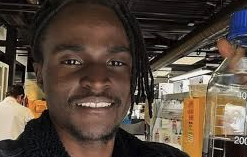
source: https://www.thesun.co.uk/news/
Author: Marianna Petrillo






















